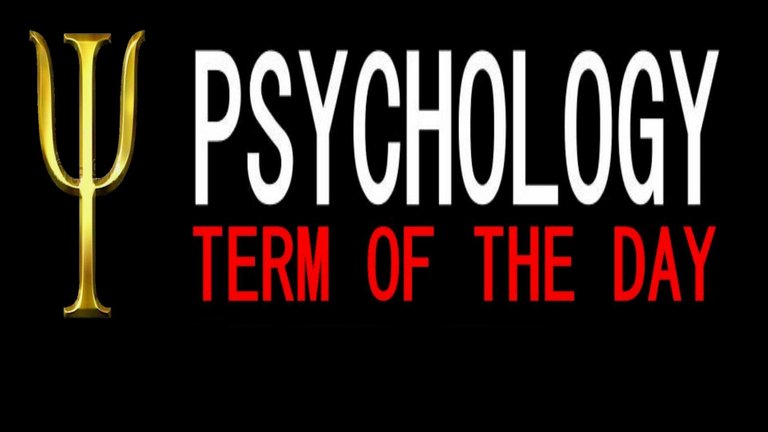
20 September
Today's term from psychology is Semmelweis Reflex.
The Semmelweis Reflex - or Semmelweis effect - is the tendency we all have to reject new evidence that contradicts an existing belief.
There's an old saying in science that extraordinary claims require extraordinary evidence.
And that makes sense. A lot of people have worked VERY hard over the past few centuries to make science what it is today, and to give us such a detailed understanding of the world around us. So there is a certain reluctance to just toss it all away willy-nilly when some new bit of evidence comes along that might contradict all that work.
When we're heavily invested in some belief or other, and evidence comes along that points to the fact that we just might be wrong, our first instinct is to question the validity of that new bit of evidence. We examine it in detail to find a reason why the new evidence HAS to be wrong.
After all, this new "evidence" might be a mistake. Perhaps it's simply the result of having been gathered poorly by some half-drunk grad student. Or perhaps it comes from a bad study that was not done in a proper scientific manner.
Or if those excuses fail to destroy the credibility of the new "evidence," then perhaps there's something wrong with one of our current theories. After all, Albert Einstein's work did supersede that of Isaac Newton.
So, in and of itself, the tendency to be skeptical of new evidence is not a bad thing.
However, it DOES become a problem when the new evidence is valid, but it is declared to be invalid.
Evidence - valid evidence - that contradicts a religious or political belief will often be declared to be invalid for no other reason than it contradicts an existing belief that MUST be true on religious or political grounds.
In this situation, science, or even our understanding of reality itself, are said to be wrong.
So ... applied in moderation, the Semmelweis Reflex is a good thing. When used to defend untenable belief systems, on the other hand, it can demonstrate the worst in human behavior.